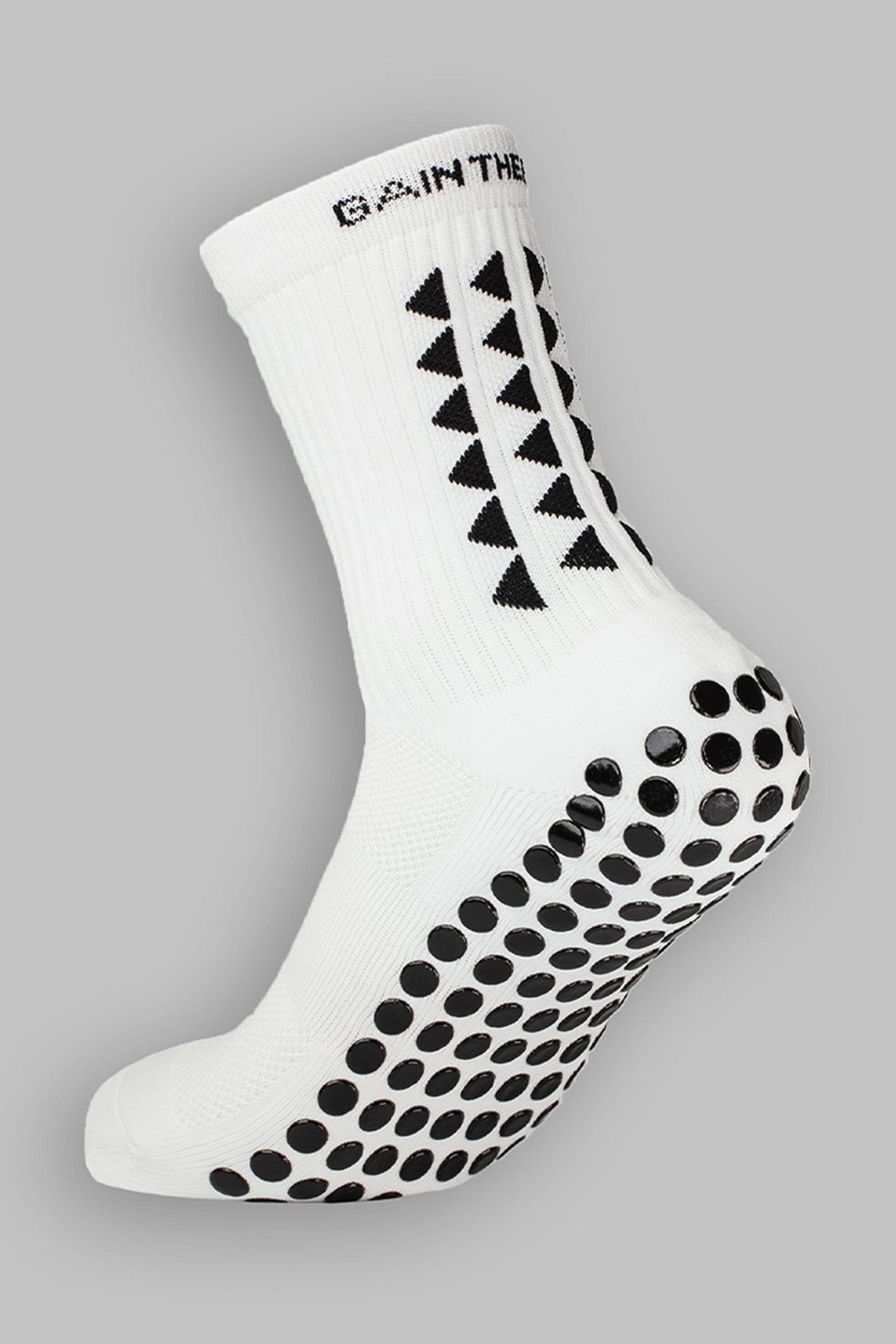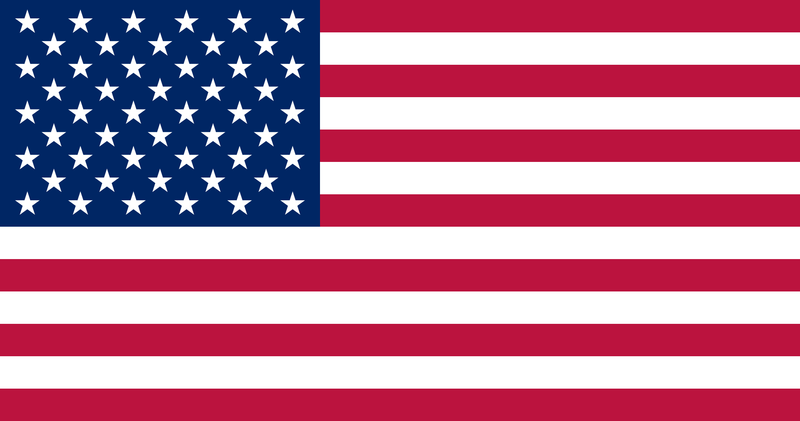When it comes to compression socks, it is important to know that the sizes differ based on different brands. A small in one brand is not always a small in another. Additionally, if the sizing is incorrect, it will affect the effectiveness of the compression socks.
For this reason, it is utterly important that you measure correctly for your compression socks.
Luckily the process of measuring for compression socks isn’t too hard. But, you do want your compression socks measurements as accurate as possible.
That’s where we come in. Whether you need compression socks for medical reasons, because you are taking a long flight, you are pregnant, or an athlete, we will explain exactly how to measure for compression socks.
What this article covers:
- How Do You Measure for Compression Socks?
- Why Is It Important to Measure Compression Socks?
- What Type of Compression Socks Are Best?
How Do You Measure for Compression Socks?
Step 1: Make Sure You Have the Right Measuring Tape
Luckily, there is very little equipment that you need to measure compression socks. All you need is a tape measure. But, with this being said, it needs to be a fabric measuring tape like the one that would be used to measure clothes.
Steel tapes will not work. But, if you don’t have a fabric measuring tape you can use a piece of string and line it up with a ruler to get the measurements.
Step 2: Measure in the Morning
It is super important that you take the measurements for your compression socks first thing in the morning.
This is because, whether you realize it or not, your legs and feet tend to swell during the day. This is a natural process that happens to everyone, but it is also something that can affect your compression sock measurements and make them inaccurate.
For this reason, it is safest to measure as early as possible in the morning.
Step 3: Measure Against Bare Skin
When you measure, you want to make sure that it is against bare skin. Wearing pants or leggings will make the circumference measurements inaccurate and larger than they should be.
Step 4: Measure the Correct Areas
The areas you measure depend on what type of compression socks you want. The measurement areas will be different for knee-high and thigh-high compression socks, for example.
But, since knee-high compression socks are the most popular and common, we will be discussing measurements for these socks specifically.
When you are measuring for knee-high compression socks, there are three measurements that need to be taken. In this step, we will explain what the measurements are, and where they need to be taken.
These measurements are important because they will indicate how tight your compression socks should be.
Measurement 1: Ankle
The first measurement is to be taken around the narrowest part of your ankle. This is normally just above your malleolus (ankle bone).
Measurement 2: Calf
The second measurement should be taken around the widest part of your calf. You may have to play around with this one until you are able to find the widest circumference.
Measurement 3: Length of Your Lower Leg
The last measurement that you need to take is the length of your lower leg.
This is measured from the floor up until the bend in your knee.
Why Is It Important to Measure Compression Socks?
It is important to accurately measure compression socks so that you know what level of compression socks you need.
Additionally, if you measure your compression socks incorrectly and make them too tight, this can cause circulation issues and infections, especially if you wear compression socks for too long.
What Type of Compression Socks Are Best?
There are numerous different types of compression socks that can be bought. In our opinion, the best compression socks are ones that come with a grip.
Not only is this more beneficial for athletes, but it is also great for elderly people who need more stability, as well as patients who are in the hospital and need to wear compression socks to bed.
Our grip compression socks are a great example of this. Similarly to our football grip socks, they provide you with stability, comfort, and enhanced sporting performance. There is just the added bonus that they are compression socks, too.
Additionally, if you are debating between compression socks or sleeves, we recommend socks over sleeves.
Sleeves don’t have any effect on your foot, only your calves, and for some people, it is important to ensure swelling in the foot is controlled too.
Conclusion
As you can see, it is an easy process to measure compression socks. So, take the time to do it properly, rather than just estimate the measurements.
Compression socks that are either too tight or too loose are ineffective and can end up causing more harm than good. Proper measurements will save you time and money in the long run and will give you better results.
Did our blog meet your needs? You might also find our other guides helpful:
- What Do Compression Socks Do
- How Long to Wear Compression Socks
- Easy to Put on Compression Socks for Elderly
- Can You Wear Compression Socks All Day?
- How to Wear Compression Socks
- How Long Does It Take for Compression Socks to Work?
- How to Put on a Compression Sock
- How to Wear Grip Socks
- What Is Crew Socks
- What Do Grip Socks Do
- What Are Ankle Socks
- Socks as Gifts
- Best Sock Material
- Do Running Socks Make a Difference?
- Compression Socks for Runners















